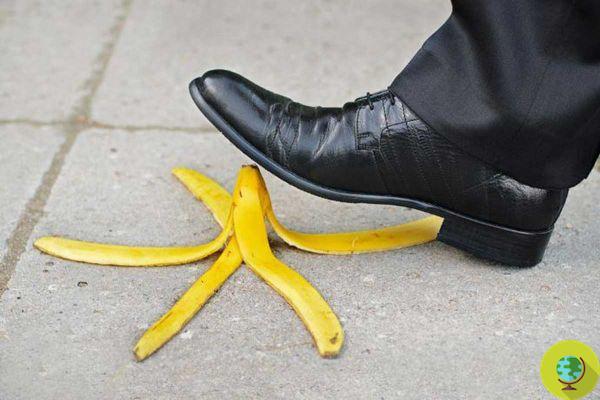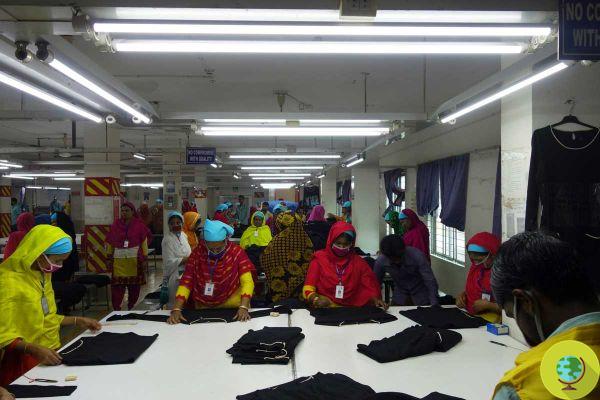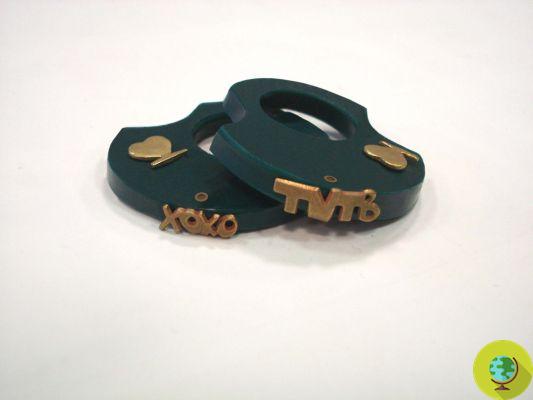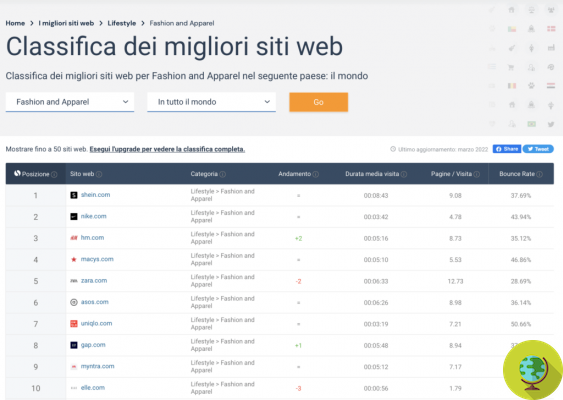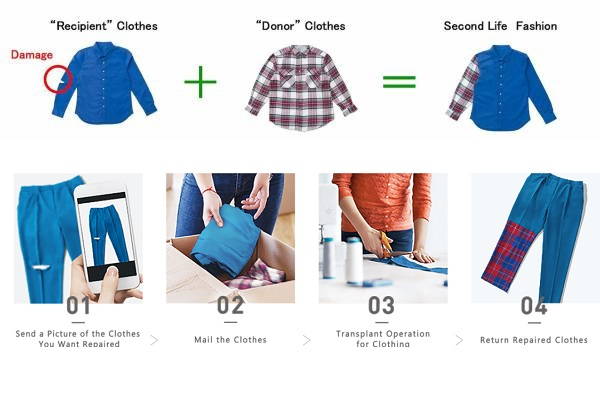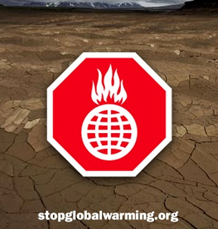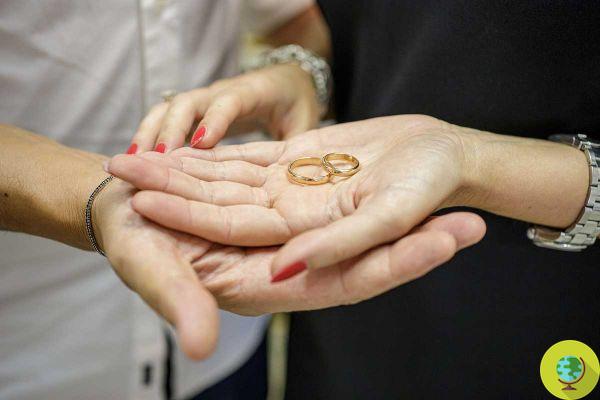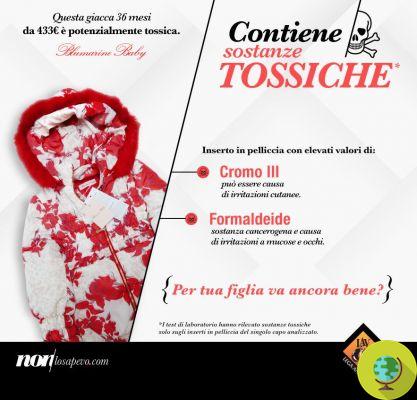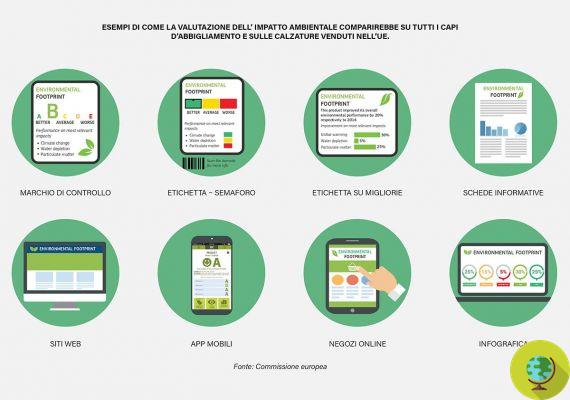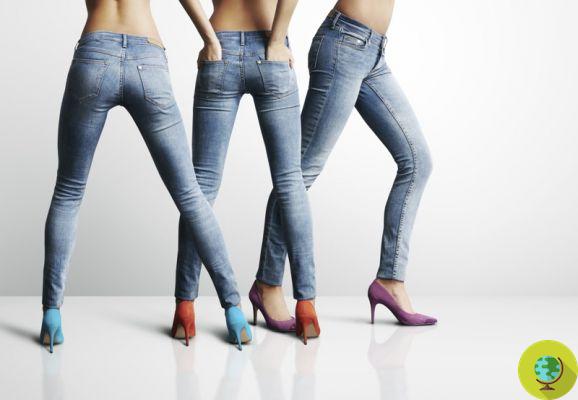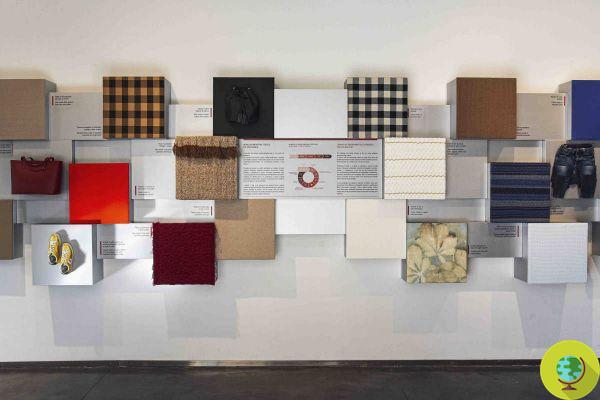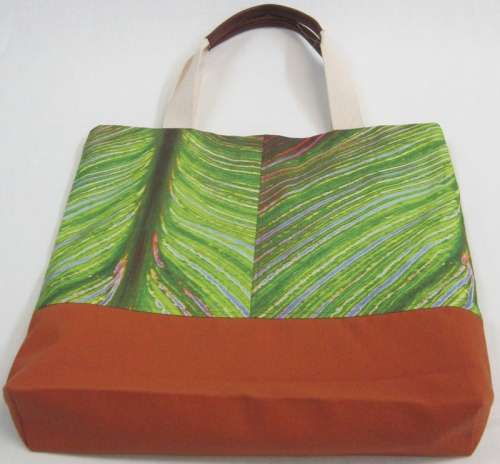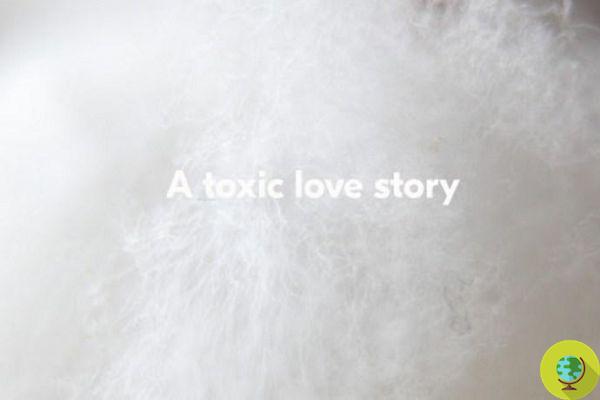Would you like to wear a stylish t-shirt capable of accumulating energy that allows you to recharge your mobile phone or the inseparable MP3 player for free? It is precisely on this trend that many scholars are working who have already developed very interesting technologies.
Don't store avocado like this: it's dangerousToday tech it's everywhere. Every moment of our life is permeated by the use of highly technological objects: mobile phones, laptops, mp3 devices and many more. The only sore point is that almost all of these devices need energy that comes from non-renewable sources to work and this greatly limits their functionality. For this reason, today more than ever, technology research should go hand in hand with a greener vision of energy production, respecting our planet.
So what's better than a technological device which, thanks to a "clean" power supply, has excellent portability and, in addition, does not pollute? You would like to wear a stylish t-shirt that can accumulate energy that will allow you to recharge your mobile phone for free or the inseparable MP3 player? It is precisely on this trend that many scholars are working who have already developed very interesting technologies.
1. Stylish nano-generators
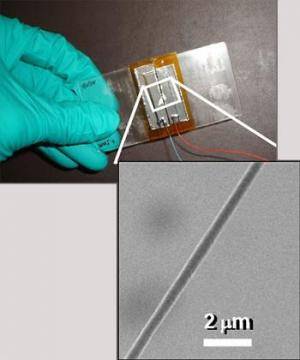
Researchers at the University of California have seen fit to make nano-fibers capable of producing electric energy clean thanks to their properties piezoelettriche.
La piezoelectricity is the charge produced by mechanical stresses: in this case thanks to the nano-fibers once the garment is worn, through our movement, energy will be produced capable of recharging small devices, such as cell phones or mp3 players.
2. A thread of energy… solar
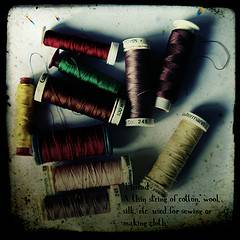
Solar energy is certainly at the top of renewables. They know it well to the Ideal Star a Japanese company that has come up with a way to integrate solar cells within tissues. He did it thanks to specially elaborated cloth threads, measuring 50mm long by 0.8mm in diameter with a polymer-based core covered with various layers of electrodes. The fabric thus obtained will be able to store solar energy.
3. Nano-technological clothing
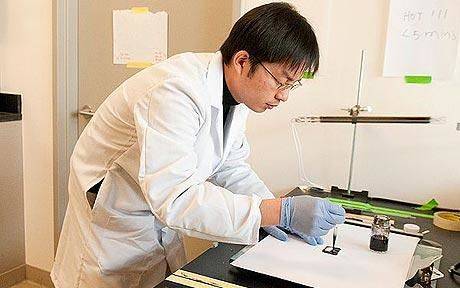
Dr. Yi Cui of the Department of Engineering and Materials Sciences of the Stanford University, together with his collaborators, he has created a fabric composed of very small very light batteries. These fleeces use carbon nano tubes to store energy and thanks to their extreme lightness they create a flexible and very trendy fabric.
4. Ask the dust
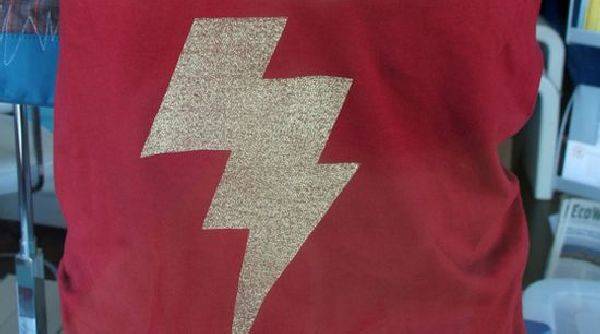
A team of researchers fromUniversity of Texas ha made a particular yarn capable of producing electricity. This material was obtained by spraying some nano tubes with a powder composed of boron and magnesium.
5. The super-fiber

At the University of Bolton, UK, they are developing a super-fiber capable of storing and producing renewable energy through the use of a hybrid photovoltaic and piezoelectric material at the same time, therefore able to exploit the energy of the sun and the kinetic one. The fabric made with this material will be able to exploit the energy obtained from the movement of the body and that of the sun's rays for unparalleled sustainability.
Thanks to these apparently simple technologies, we will soon be able to recharge our portable devices by connecting them to our clothes, in a completely green way and without any effect on the environment. In short, a rcharging at cost and zero emissions.
Lorenzo DeRitis




